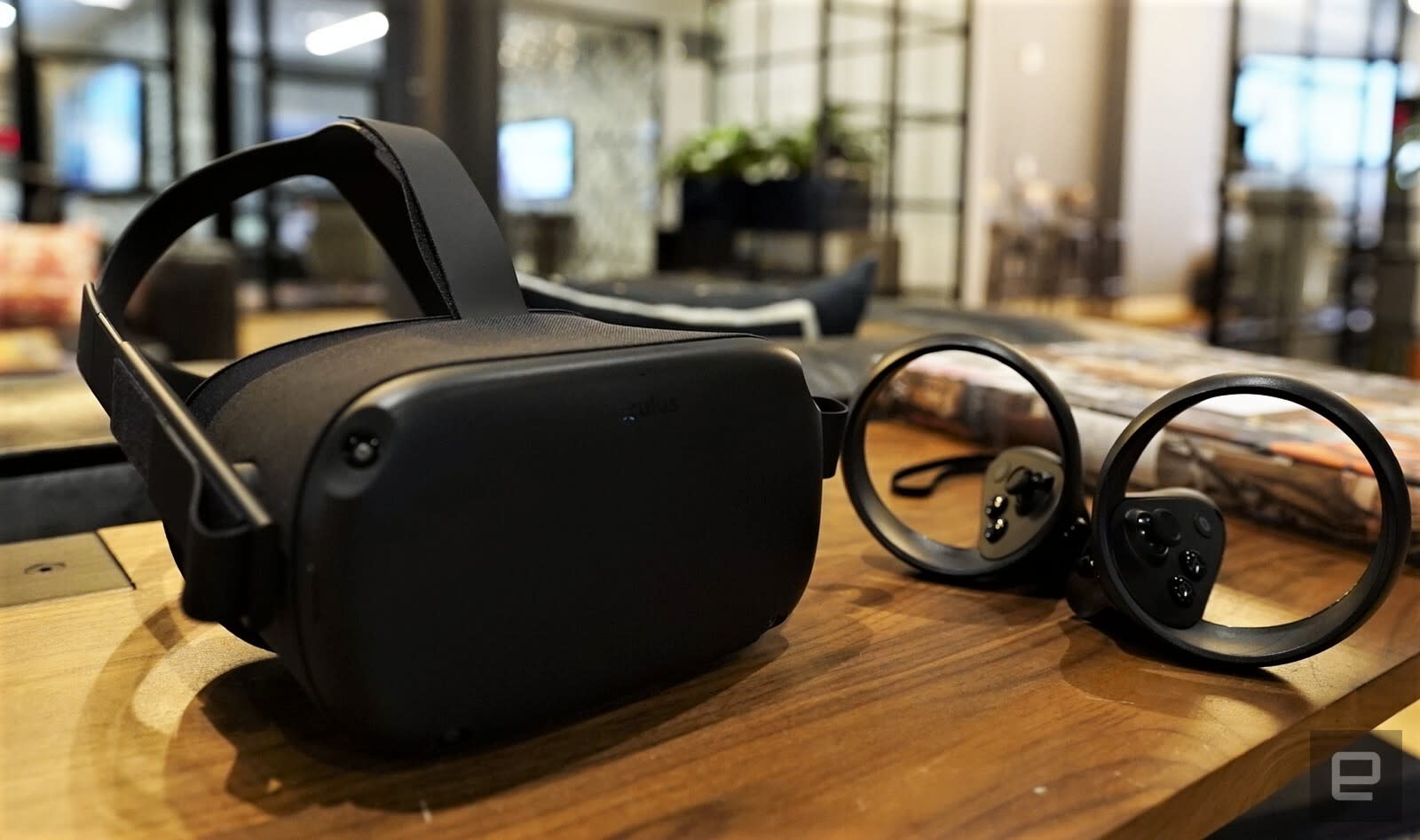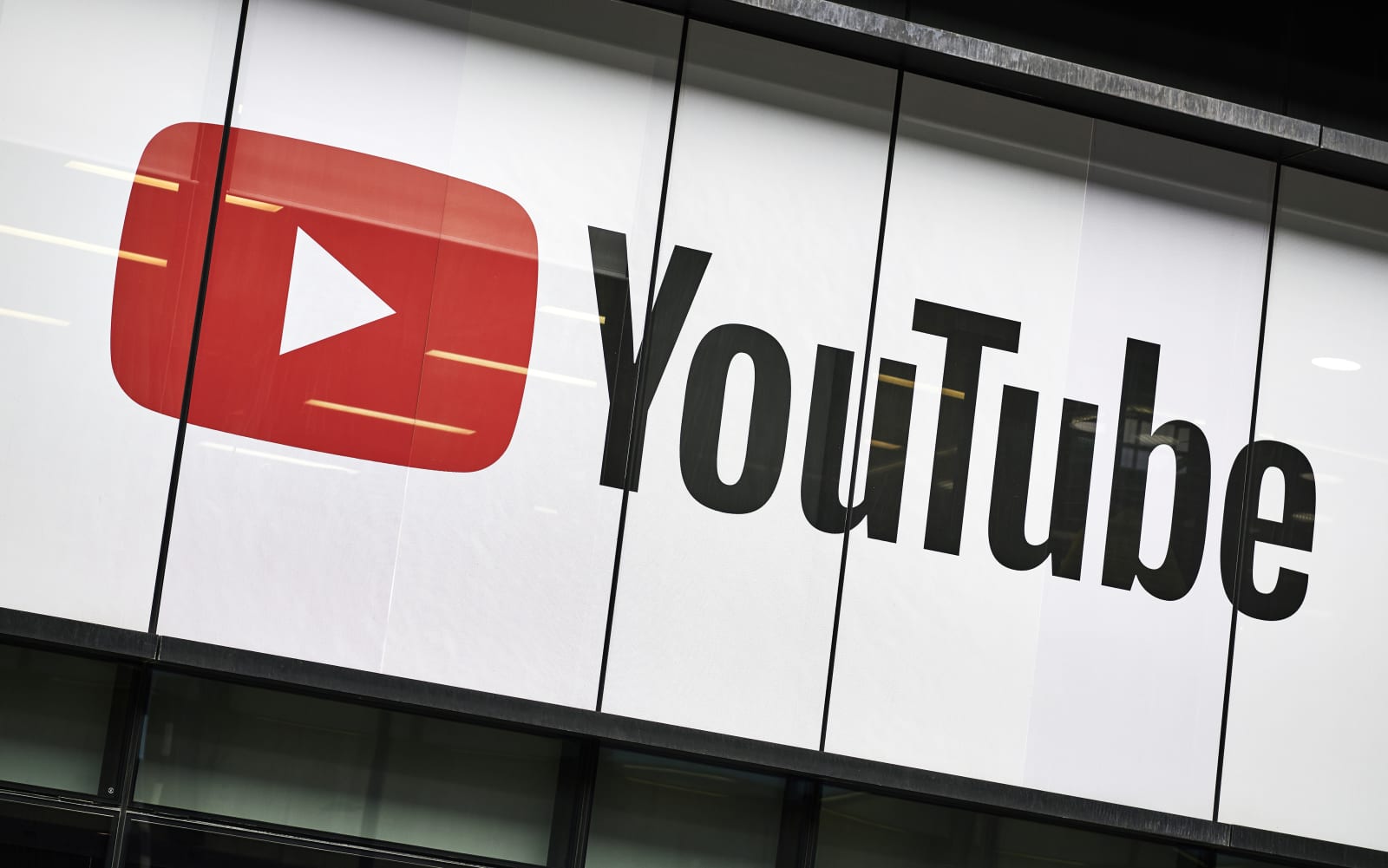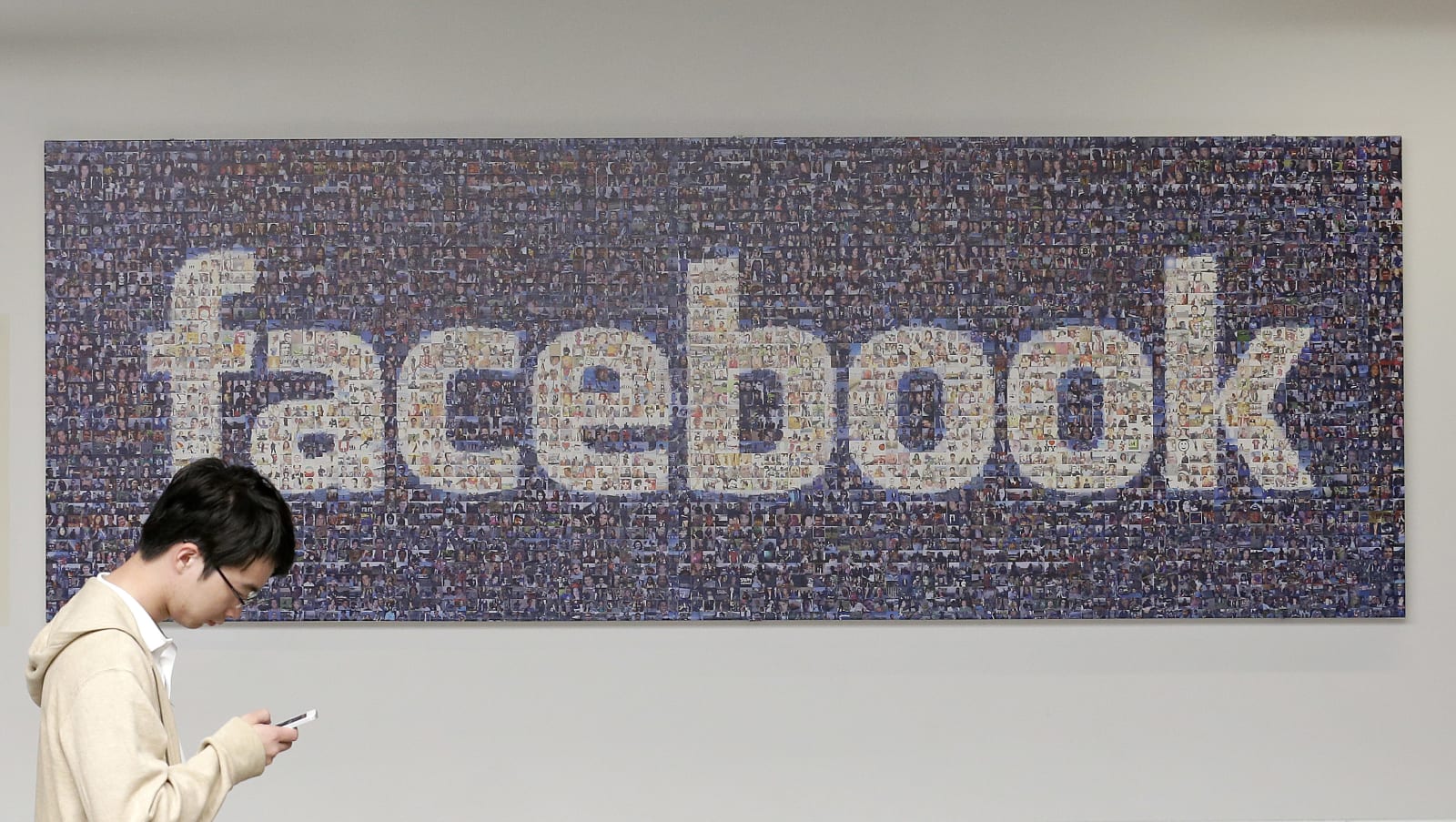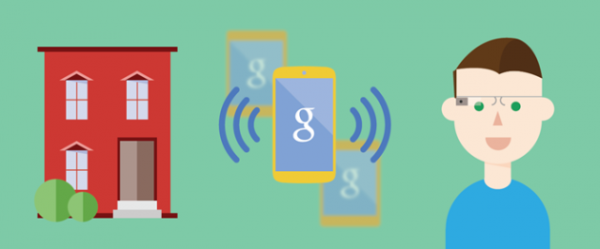Google may be preparing to launch a new technology to improve indoor mapping, targeted advertising, and home or office automation.
Anyone that remembers life before smartphones might remember the days when navigation was done using signs, landmarks, and paper maps. GPS and mapping features are some of the most popular apps and features provided by modern technology, but the services are largely take for granted.
Mapping technology is incomplete, though. Since GPS relies on signal from satellites, maps (usually) requires line of sight to the sky in order for service to function properly. Google has improved mapping some by using locally mapped WiFi signals to triangulate a rough approximate location as a supplement to improve the accuracy of GPS, but still doesn’t solve for major gap in navigation: it doesn’t work indoors.
Anyone that has ever tried to navigate a shopping mall might be familiar with trying to orient a mall kiosk map in order to find a specific storefront. This is one area that smartphones would be of great use, except GPS doesn’t work indoors, and WiFi isn’t prevalent enough to provide an accurate location.
Apple has previously launched its “iBeacon,” which is a Bluetooth low energy beacon that helps establish way-points. Now Google is rumored to be launching a similar service called “Nearby.”
So far, a lot of the uses for similar Bluetooth devices, such as iBeacon, has been to enable advertisers to target potential customers (go figure). For example, a mannequin in a clothing store could be equipped with a beacon, and when it detects a phone from a nearby customer (if allowed by the customer’s privacy settings) and it could automatically push a notification containing a coupon for whatever item of clothing the mannequin is dressed in.
This type of function is fairly common for many new technologies, as they need to have a way to generate revenue in order to encourage adoption and fund the research and development of additional features.
If Google is entering the market with Nearby, then there could be a boom of these devices being implemented in many new ways. The market for indoor mapping, as specified above, is virtually untouched currently, but there’s also a huge opportunity for implementation in home automation and office automation.
For home automation, it could function hand in hand with products like Nest (another Google product) to determine how many people are in various rooms in order to efficiently provide heating or cooling. It could also be incorporated with smart lighting so that lights turn on and off as you enter or exit a room. Or even more fun, change the mood lighting (brightness, color) based on how many people are in a room and the level of activity.
Outside of the home, offices are finding a massive productivity boost from the use of automation features. Many companies find that there’s a paradox in office communication. Email is becoming less and less productive from overuse, but as a result, conference rooms are also getting overbooked and unavailable.
some companies–such as Solstice Mobile, the leading provider of enterprise innovation and mobility solutions–have created full blown smart-offices, relying heavily on Bluetooth beacons. This creates efficiencies across the board, because power is better conserved by dimming lights and other power draws to inactive areas, but also efficiencies in work productivity. Workers can find where their colleagues are located at any time in order to have a quick face to face meeting, reducing both email and conference room congestion.
There are entire categories of untapped features that could be utilized as services such as Google Nearby become more prevalent, in addition to the augmenting of existing popular services, such as maps and navigation.
Of course some people might not be the biggest fans of many of the effects of this service, due to very valid privacy concerns, but fortunately there are enough applications in the privacy of your own home or office to give any technology fan something to be excited about!

 Along with Quest hand tracking, one of Facebook's big announcements at Oculus Connect 6 in September was a batch of social VR features. You'll get to try them over the coming days, as Oculus is starting to roll them out.
Along with Quest hand tracking, one of Facebook's big announcements at Oculus Connect 6 in September was a batch of social VR features. You'll get to try them over the coming days, as Oculus is starting to roll them out.
 Along with Quest hand tracking, one of Facebook's big announcements at Oculus Connect 6 in September was a batch of social VR features. You'll get to try them over the coming days, as Oculus is starting to roll them out.
Along with Quest hand tracking, one of Facebook's big announcements at Oculus Connect 6 in September was a batch of social VR features. You'll get to try them over the coming days, as Oculus is starting to roll them out.
 Google will allegedly pay between $150 and $200 million to end the FTC investigation into whether YouTube violated a children's privacy law, Politico reported this afternoon. The FTC reportedly voted along party lines (3-2) to approve the settlement,...
Google will allegedly pay between $150 and $200 million to end the FTC investigation into whether YouTube violated a children's privacy law, Politico reported this afternoon. The FTC reportedly voted along party lines (3-2) to approve the settlement,...
 Our phones contain a disturbing amount of information about us. While calls, messages, app usage and location logs have all been used to profile users, phone accelerometers contain key information, too. Researchers from the Royal Melbourne Institute...
Our phones contain a disturbing amount of information about us. While calls, messages, app usage and location logs have all been used to profile users, phone accelerometers contain key information, too. Researchers from the Royal Melbourne Institute...
 Are true crime podcasts as popular with Millenials as they are with Baby Boomers? Does the under-35 crowd listen to wellness podcasts? Nielsen, the company behind the TV ratings system, will begin to survey Americans about their podcast consumption h...
Are true crime podcasts as popular with Millenials as they are with Baby Boomers? Does the under-35 crowd listen to wellness podcasts? Nielsen, the company behind the TV ratings system, will begin to survey Americans about their podcast consumption h...
 Facebook is updating its terms and conditions after agreeing several changes with the EU. It will have to clearly explain to users they can access the social network for free because it uses targeted ads that rely on user data. Facebook will also hav...
Facebook is updating its terms and conditions after agreeing several changes with the EU. It will have to clearly explain to users they can access the social network for free because it uses targeted ads that rely on user data. Facebook will also hav...
 Some politicians don't believe the Children's Online Privacy Protection Act does enough to protect kids in the modern era, and they're hoping to update it accordingly. Senators Ed Markey and Josh Hawley have introduced a bill that would amend COPPA w...
Some politicians don't believe the Children's Online Privacy Protection Act does enough to protect kids in the modern era, and they're hoping to update it accordingly. Senators Ed Markey and Josh Hawley have introduced a bill that would amend COPPA w...




